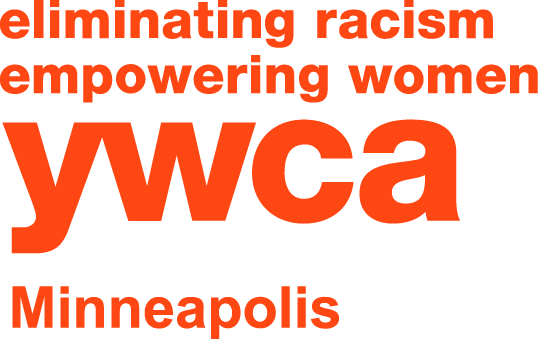Facilitating Conversations About Race: Carlos Sneed
If participants are the heart of a dialogue, facilitators are the nervous system. Their job is to make sure all parts are working toward the same end.
What made you interested in becoming a facilitator?
For me, being a facilitator is about bringing people together to discuss, learn and grow. I've remained excited about opportunities for skill development around creating real change in our institutions, relationships and society.Racial justice facilitators are so important in helping to bring others into this work because we’re all part of creating a just society. It’s important to create a space where circle participants are safe, supported, challenged and encouraged to individually address elements racism in their own lives.YWCA Minneapolis was another opportunity to grow and hone my skills in communication, training, advocacy and community development. I’m a big fan of the circle process. It’s really a great neutralizer: it gives all participants equitable access to dialogue, community building, personal reflection and development.
What has been your most rewarding moment?
The most rewarding moment is when the circle comes together. When people are able to put aside whatever differences and discomfort there are to listen, share, learn and grow at deeper levels.
What has been your greatest challenge as a facilitator?
The most challenging moments are when the circle becomes stuck, or when participants become passive aggressive and try to manipulate or assert control over the circle. That makes it more difficult to pull the circle together.It’s really important to trust the process. You also have to trust that the participants have good intentions, and are honest and engaged enough to reflect on problematic thinking, behavior, or actions. I’m a facilitator, not a fixer. I’m not here to fix problems, but I hope participants leave better equipped and emboldened to take action in their lives.
Have there been any drawbacks while being a facilitator?
When the conversation and work hasn’t gone effectively or as in-depth as you’d like, it’s difficult not to take things home with you. I’ve found it’s important to have a support system made up of a diverse group of people, not just people who are like you or think the same way, with whom to reflect about the experience or particular issues that arise during sessions.
Have you ever thought about taking a step back from the facilitator role?
No. I’ve never considered not being a facilitator. This is important work, and challenges are a part of life. You live, you learn and you grow. Whether it’s knowledge, skills, or awareness, I’ve found you never stop growing. This work is too important to quit.
Do you have any recommendations or advice to people considering becoming a facilitator?
You need to continue this work in all aspects of your life. Put yourself out there and be in different communities, with different types of people – with people who are the same race as you, and people who are a different race than you.If you’re involved in this work, especially if you’re white, you have a special role to play. It’s so important to stay engaged – you have to stay engaged with people who get it and with those who don’t get it. No matter how problematic their language, beliefs or behavior, you can’t give up on people. To white facilitators, I would say: you have a unique responsibility, role and opportunity to reach other white people. Don’t run from your responsibility, and don't settle back into the privilege of retreating away from the difficult.To learn more about YWCA Minneapolis’ It’s Time to Talk: Forums on RaceTM, or to register to attend, please visit: https://ywcampls.org/events/its_time_to_talk_forums_on_race/
